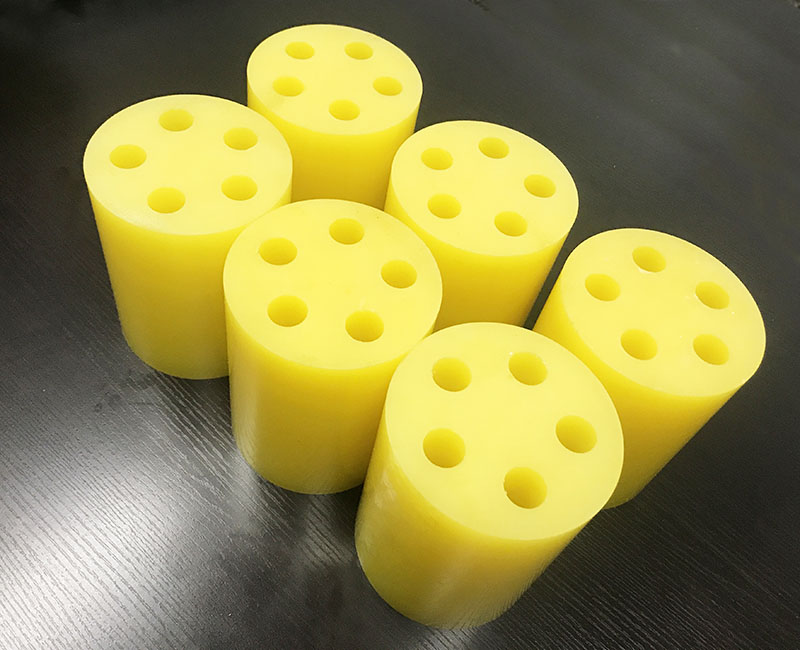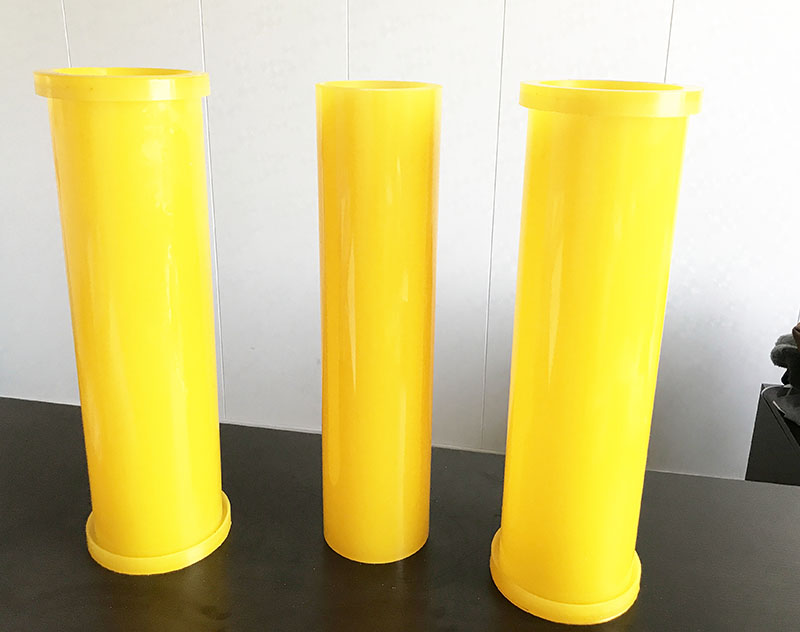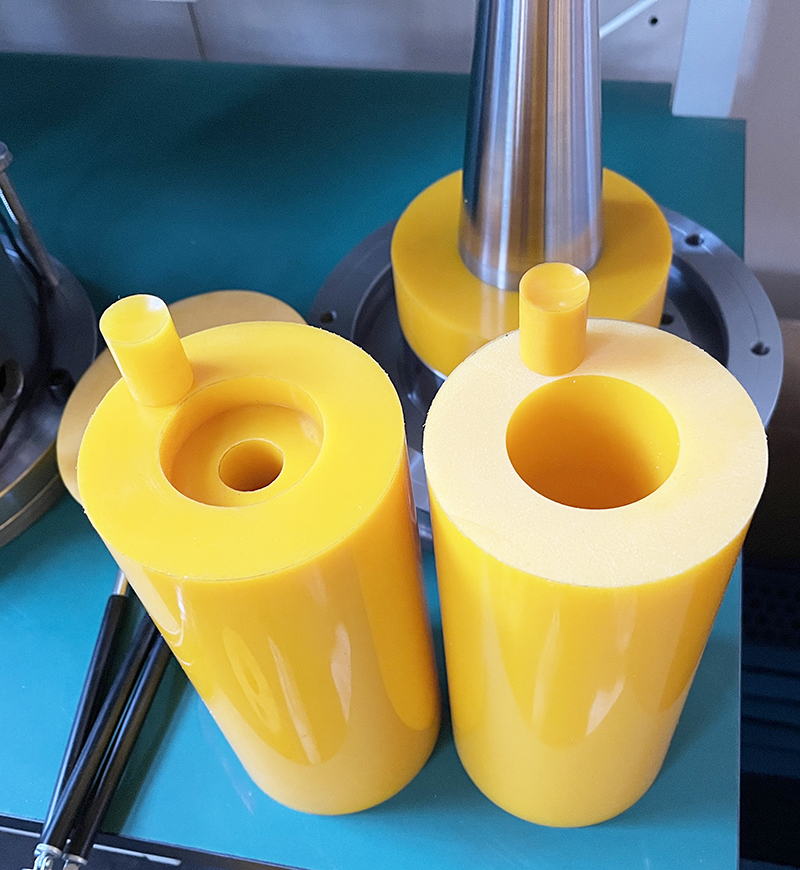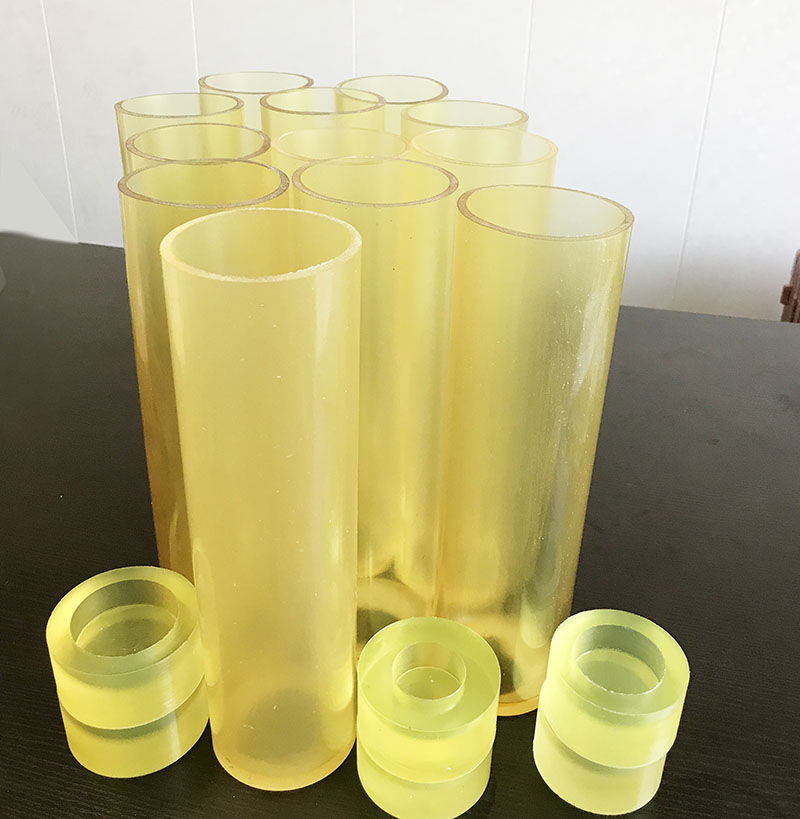Wet-bag Isostatic Pressing and Dry-bag Isostatic Pressing
Wet (wet bag method) isostatic pressing: the blank (or pre-pressed in advance) is bubble-sealed in an elastic plastic or rubber mold, and then placed in a high-pressure cylinder after sealing, and the blank is pressed and formed through liquid transfer. This method can change the shape and size of the plastic wrap, and the product has great flexibility and is suitable for small-scale production. However, manual bagging and unloading operations are performed every time, and the production efficiency is not high. This method is mainly used for the production of large and special-shaped parts.
Dry (dry bag method) isostatic pressing: Semi-fixed elastic mold is not immersed in liquid medium, but sealed by upper and lower pistons. The pressure pump injects the liquid medium between the high-pressure cylinder and the pressurized rubber, and transmits the pressure through the liquid and the pressurized rubber to press the green body to form. This method can be operated continuously, that is, open the upper cover of the mold, load the material, and then cover the upper cover for pressure molding. When the material is discharged, open the upper cover and push the green compact from the upper side through the ejector bar at the bottom. Short operation cycle, suitable for batch production. At present, products such as daily-use porcelain plates, dishes, and medium-sized alumina grinding balls use this method for continuous industrial production.
CIP bags, Cold Isostatic Pressing bags/molds/toolings


















